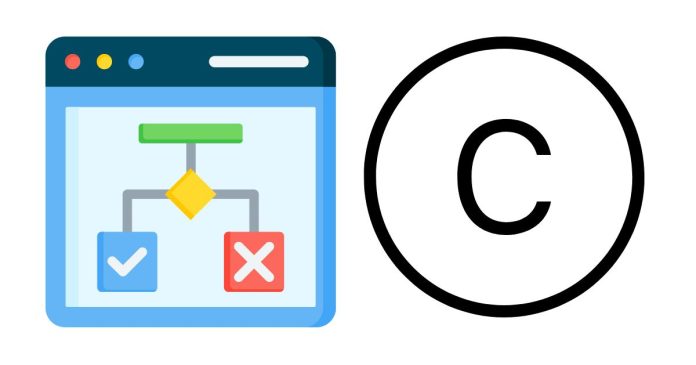A switch statement in C is a control structure used to execute one block of code from multiple options based on the value of an expression. It simplifies complex conditional statements like multiple if-else blocks.
Syntax:
Key Points:
- Expression: The
switchevaluates an integer or character expression. - Cases: Each
caserepresents a possible value for the expression. - Break Statement: Used to exit the
switchblock. Withoutbreak, execution continues to the next case (fall-through behavior). - Default Case: Executes if no matching
caseis found (optional but recommended).
Example:
Output:
Key Benefits:
- Easier to read and maintain than multiple
if-elsestatements. - Efficient for handling multiple fixed values.
Limitations:
- Cannot evaluate ranges or complex conditions (use
if-elsefor that). - The expression must evaluate to an integer or character type.
The switch statement is a powerful tool for managing multi-condition branching in C programs.



